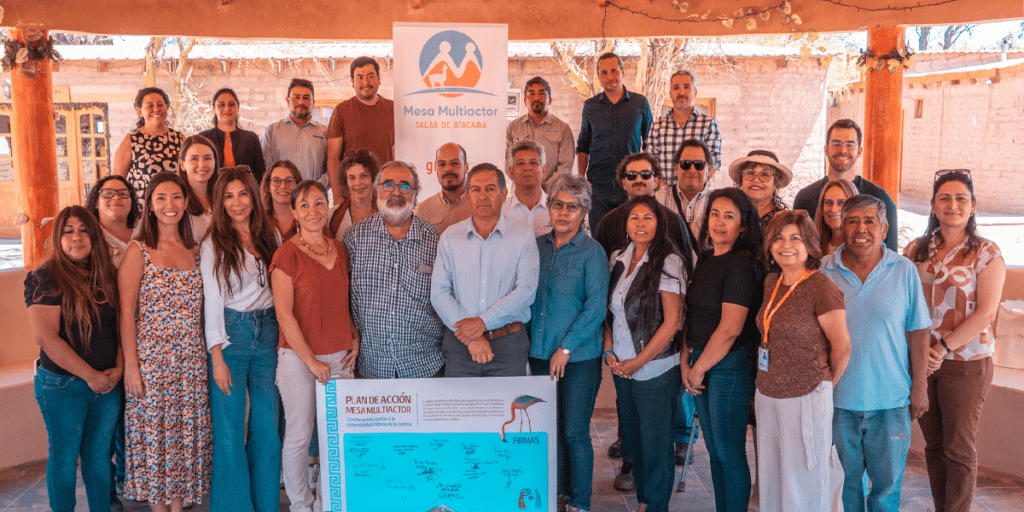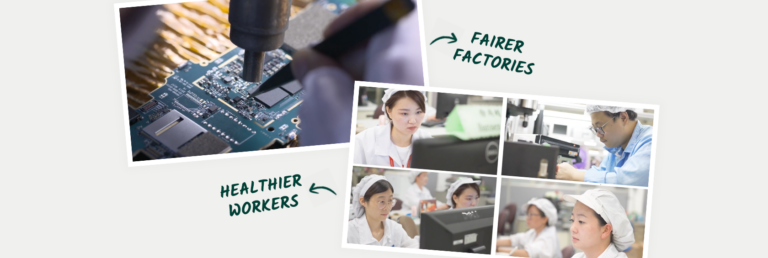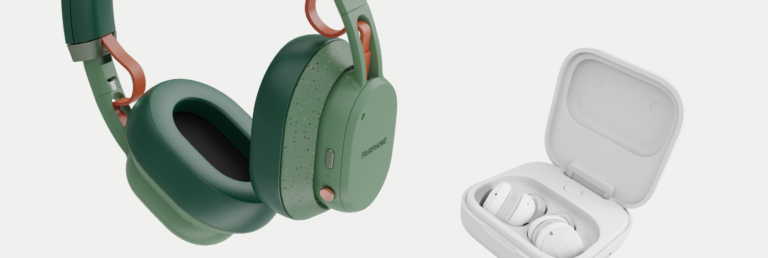The Responsible Lithium Partnership ends… with a new beginning
It was in 2021 that we helped launch the Responsible Lithium Partnership. It was a momentous occasion for us from an impact perspective, working alongside automotive heavyweights like Mercedes-Benz, BMW, Volkswagen, and Daimler, as well as global chemical manufacturer, BASF. Unlike what the name may suggest, the Partnership was not about lithium procurement, or the purchase and sale of natural resources. Instead, it focused exclusively on promoting the sustainable use of resources in Salar de Atacama, the largest salt flat in Chile and the third largest in the world. Enclosed by mountains all around, with a series of volcanoes dotting the landscape to the east, the region is home to the indigenous Atacama people who can trace their culture back to 500AD. Over the last few decades, Salar de Atacama has become a hotspot for lithium mining, given that lithium can be found extensively in the brines of the salt flats.
DID YOU KNOW?
Copper mining is one of the other main activities in the Salar de Atacama region, consuming copious amounts of water and causing major shifts to the water table.
Given the fragile ecosystem of the region and the relative lack of knowledge about the impacts of lithium mining, there were considerable long-term environmental risks at play, especially with regard to water and brine tables. With the able assistance of Deutsche Gesellschaft für Internationale Zusammenarbeit (GIZ) GmbH who were in charge of implementing the project, the Responsible Lithium Partnership helped to put in place a Multi-Stakeholder Round Table, or Mesa Multiactor. The Round Table was the first of its kind, with over 20 organizations participating. These organizations represented indigenous communities, academia, public and private sector companies, and civil society. As discussions progressed, water availability became a key concern, along with the protection of valuable habitat as well as the region’s unique biodiversity. Thus, the goal of the platform became establishing a common understanding of the existing status quo, while developing a shared vision for the future of the Salar de Atacama watershed.

The Mesa Multiactor represents a mix of indigenous communities, academia, civil society, and public and private sector companies. Photo credits: GIZ GmbH
As of February 2025, the Responsible Lithium Partnership is officially concluding. However, this is not a bad thing at all. On the contrary, this conclusion paves the way for the Mesa Multiactor’s transition to an independent foundation in Chile, that will continue the good work it started, managing and protecting water resources in the Atacama basin. This transition comes in the wake of the Round Table officially achieving its key objective of creating a model of collaboration between indigenous communities, civil society, government authorities, and private enterprises across mining, tourism and agriculture. The transition is also strategic; as an independent foundation, it becomes easier to secure independent funding to realize its ambitious goals down the road.
Establishing the Round Table and ensuring its long-term viability was the main goal of the Responsible Lithium Partnership. With the stakeholders agreeing on a Joint Action Plan with over 30 measures designed to improve sustainable water resource management in the region, one can safely say that the Partnership has achieved its objective, making this the perfect time to conclude its activities. Some activities have already been implemented, paving the way for lasting impact. For example, a new cadastre has been created to maintain the rights of water holders in the region, along with their rights to water access, going a long way in ensuring transparency. The Round Table has also opened up additional sustainable water sources for irrigation by introducing gray water recycling. Other activities included geological and hydrological mapping, multiple public awareness campaigns on water scarcity, and improving drinking water access for local communities.
WHAT IS GREY WATER RECYCLING?
This refers to recycling wastewater from showers, baths and sinks, which can then be re-used and fed back into a property for non-potable purposes… such as irrigation!
At Fairphone, we are grateful to have supported this initiative, and believe its legacy will continue to inspire change. We have always believed transparency and shared responsibility are essential to building a more sustainable supply chain. The Responsible Lithium Partnership has set a precedent for how companies can engage with local communities and contribute to long-term environmental solutions. Here’s to the continued success of the Mesa Multiactor, and more industry partnerships that aim to do lasting good.
For more information on the Mesa Multiactor and its initiatives, visit www.mesamultiactor.cl/



